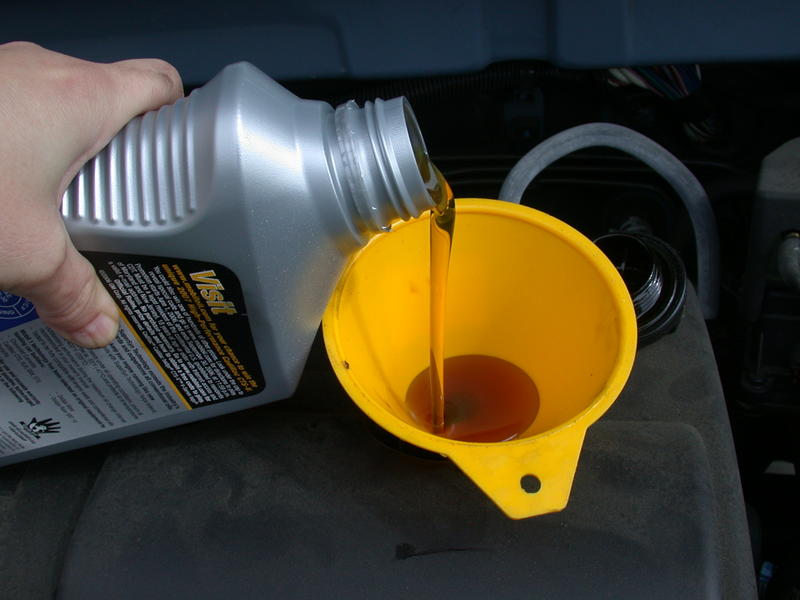Drip Feed Oil Furnace waste used

Whether you're keeping your car's engine running smoothly or prepping your sewing machine for a marathon quilting session, you use oils around your home for a variety of applications. After a while, however, these oils can start to break down or hold impurities, so they're not as effective at lubricating motors and other machinery — if they're dirty enough, they can even damage your equipment. If you have oil that's past its usable life, learn how to dispose of it properly to avoid harming the environment.
What Is Waste Oil?
There are two different types of oils you might need to throw out: used and unused. Used waste oil has run through machinery and absorbs impurities or degrades as a result. Unused waste oil is new oil that's become contaminated so you're unable to use it. Perhaps you have a bottle of motor oil that water leaked into, or you spilled bike chain oil on the garage floor before your weekend ride.
It's important to note that waste oils are almost always synthetic. This means they're artificially made using petroleum and chemical compounds, and they're often not biodegradable as a result. It's because these oils don't break down well in the environment that they have special disposal requirements. Hazardous materials can also contaminate waste oils. You don't want these substances sitting around your garage or polluting the soils around your home.
States, counties and other municipalities typically impose specific regulations on how you can dispose of different oils. Unused waste oil, for example, may fall under hazardous or dangerous waste regulations. Your municipality may consider used waste oil a type of regulated waste product that has fewer disposal requirements. Before you discard any waste oil, check with your local government to find out what the laws are, and follow them — they keep you and your community safe. Depending on the type of oil you're getting rid of, you may need to contact a licensed company that can process and dispose of it in accordance with local laws.
Proper Oil Collection
The first step in discarding waste oil is collecting it safely. Use a sturdy, sealable container, such as the original jug or one made from polyethylene, to catch the oil. Spread out a tarp under your car or the equipment you're catching the oil from, and place a drip pan with a spout below the motor. After you've drained the oil into the drip pan, transfer it into your clean storage container and seal that up. Use separate containers for different types of oil to avoid mixing them. Remove any used oil filters from the motor, too; you don't want to run clean oil through these later on.
If you're cleaning up spilled oil on your driveway, garage floor or another area, spread kitty litter or sawdust over the puddle and let it sit overnight. These materials absorb the oil, and you can sweep them into a container. Call your local waste management facility and ask about requirements for disposal.
Your Disposal Options
Typically, the easiest (and possibly required) option for discarding waste oil is to take it to your local landfill, recycling center or solid waste station. These facilities normally have the licensing and equipment required to process oils for recycling, incinerate them or transfer them to another company that handles disposal. If you're having trouble finding a collection site near you, visit Earth911.com. This environmental organization maintains a database of over 100,000 recycling locations around the country, and you can search the listings by ZIP code and the type of material you need to toss.
If you're throwing out motor oils, a local auto parts store or mechanic might also accept them. Call around to find out; this may be a more accessible option for you. These shops also often accept used oil filters, even if your landfill doesn't.
A Note on Cooking Oil
Used cooking oils — like those made from vegetables or nuts — differ from machinery oils because they're not synthetic. They're biodegradable, but you should still follow a few guidelines when you're throwing them out. To preserve your home's plumbing, you should never dump cooking oils down your kitchen sink or other home drains. Instead, let them cool and put them in your trash. If you're using a type of oil that solidifies, let it harden up and simply scrape it into the garbage. If it's liquid, pour it into a sealable container before tossing it. Vegetable oils can also go straight into your compost pile — as long as you're only adding small amounts. A cup or so is fine, but avoid pouring a whole deep fryer's worth into the pile.
Source: https://www.questionsanswered.net/article/the-best-ways-to-dispose-of-waste-oil?utm_content=params%3Ao%3D740012%26ad%3DdirN%26qo%3DserpIndex&ueid=dd58dedf-d80b-45db-ae75-de5e58de2de1
0 Response to "Drip Feed Oil Furnace waste used"
Post a Comment